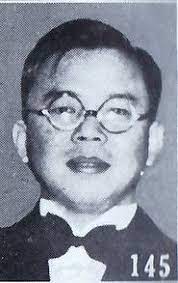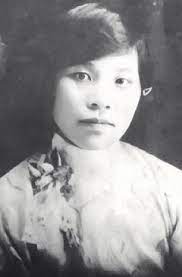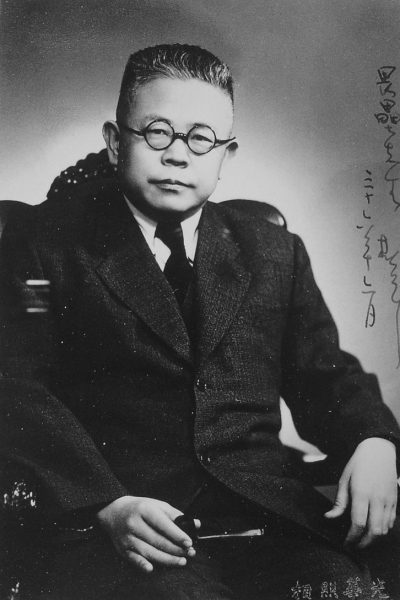Li Ta-chao 李大釗 T. Shou-ch'ang 守常 Li Ta-chao (1889-28 April 1927), founding member of the Chinese Communist party who, as librarian and professor at Peking University, strongly influenced the youth of China at the time of the May Fourth Movement. He was the principal director of Communist organizational and propaganda activities in north China until […]











